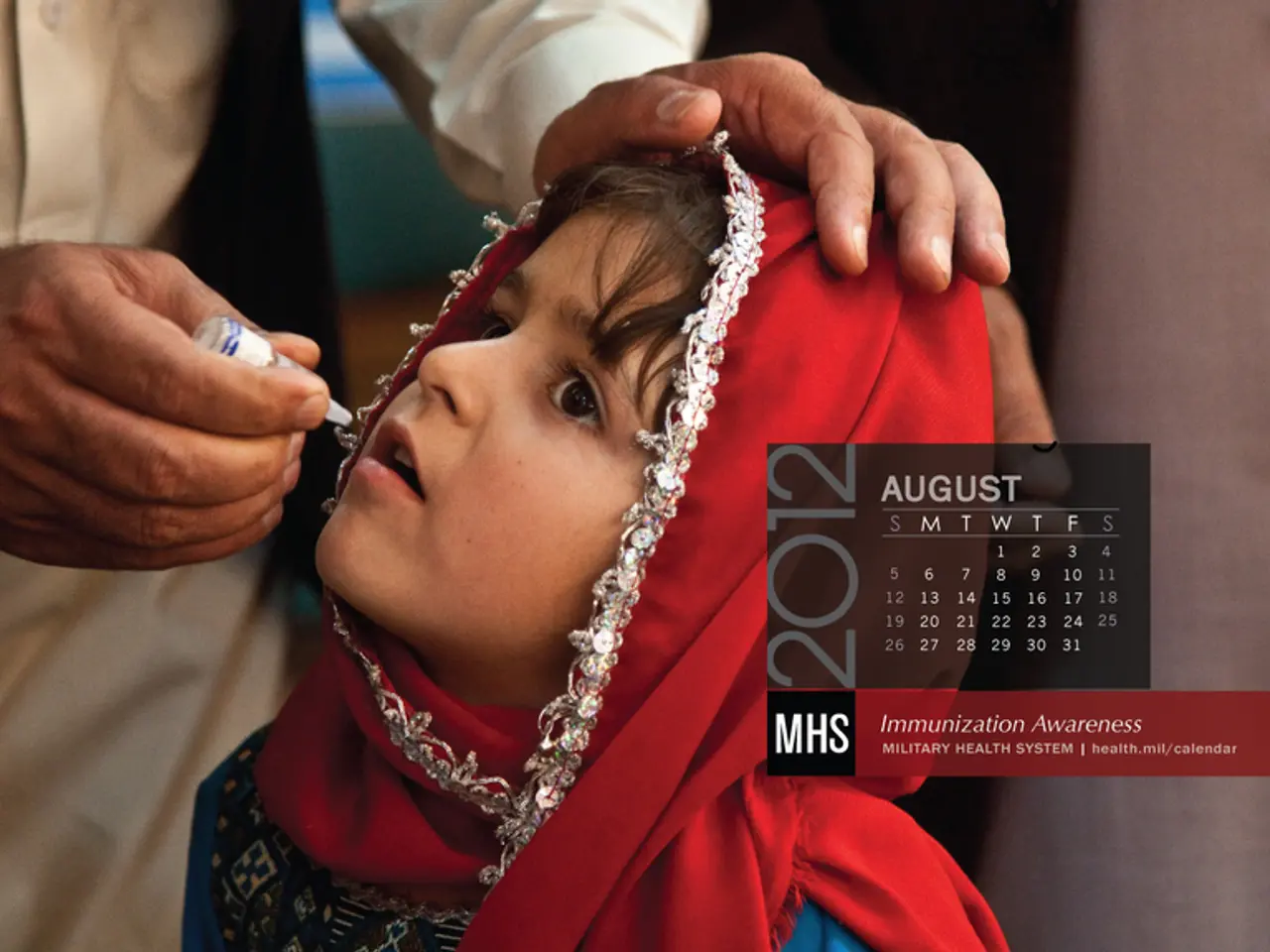Vaccine Safety, Effectiveness, and Eligibility for Yellow Fever
Yellow Fever Vaccination: A Crucial Preventive Measure
The yellow fever vaccine is a vital tool in controlling outbreaks and providing protection against a potentially fatal mosquito-borne disease. The vaccine, which is a single-dose live-attenuated vaccine, offers lifelong protection for most people.
Who Should Get Vaccinated
The yellow fever vaccine is recommended for individuals aged 9 months or older who live in or travel to areas at risk of yellow fever infection. It is essential to receive the vaccine at least 10 days before travel to ensure protection.
Efficacy and Duration of Immunity
The vaccine confers protection in about 90% of vaccinated individuals, providing long-lasting immunity. The World Health Organization (WHO) now considers a single dose of the yellow fever vaccine sufficient for lifelong protection, although some countries may still require a booster dose if your vaccination certificate is over 10 years old, particularly when entering from high-risk areas.
Vaccination Guidelines and Strategies
Routine immunization in yellow fever-endemic countries typically takes place at 9–12 months of age alongside the measles vaccine. Mass preventive vaccination campaigns are conducted in areas with low coverage or ongoing outbreaks. Offering vaccination to anyone aged 9 months and above in outbreak zones or areas with reported cases is also a strategy.
Potential Side Effects
Side effects of the yellow fever vaccine are generally mild, including soreness at the injection site and headache. Serious adverse effects are rare but can occur. People should consult healthcare providers to assess individual risks and benefits before vaccination.
Table of Key Points
| Aspect | Details | |-----------------------|------------------------------------------------------------------| | Who Should Get Vaccinated | Individuals aged ≥9 months living in or traveling to risk zones | | Timing | At least 10 days before potential exposure | | Efficacy | ~90% protection; immunity considered lifelong after one dose | | Duration of Immunity| Lifelong immunity per WHO; boosters occasionally required by some countries[^4] | | Common Side Effects| Mild: headache, soreness; Serious reactions are rare |
[^4]: Some countries may still require boosters depending on entry regulations.
The Yellow Fever Virus and Transmission
The yellow fever virus is transmitted through the bite of infected Aedes or Haemagogus mosquitoes, and exposure is more likely in certain areas of Africa and South America.
Risk Assessment and Travel
It is important to research the exact location and find out whether vaccination is required before travel. Some travel agencies or airlines may require proof of vaccination before allowing travel to certain countries. The cost of vaccination can vary depending on the center, and some insurance options may help reduce the cost. The yellow fever vaccine is only available at specific vaccination centers, and it is necessary to get the vaccine from these centers to receive an international certificate of vaccination or prophylaxis (ICVP) for travel.
Severe Reactions
Severe reactions to the yellow fever vaccine are rare but can be life-threatening, including allergic reactions and anaphylaxis, Guillain-Barré syndrome, swelling of the brain or spinal cord, and damage to internal organs such as the liver or kidneys.
In conclusion, yellow fever vaccination is a critical preventive measure to control outbreaks and provide individual protection against a potentially fatal mosquito-borne disease. The WHO estimated that in 2013, there were 84,000-170,000 severe cases of yellow fever and 29,000-60,000 fatalities. It is important to be aware of the risks and benefits of the vaccine, and to consult healthcare providers to assess individual risks before vaccination.
- Preventive Care The yellow fever vaccine, a key element in health-and-wellness, offers long-lasting protection against a potential fatality, significantly reducing the risk of yellow fever infection in individuals aged 9 months or older who live in or travel to areas at risk.
- Science and Prevention The vaccine, a product of science, provides immunity against the yellow fever virus, which is transmitted through the bite of infected mosquitoes, by stimulating the body's immune system to fight against the virus.
- To manage the potential impact of a fever associated with yellow fever, it's advisable to receive the yellow fever vaccine before traveling to affected areas and to consult a healthcare provider to discuss any possible side effects and the benefits of vaccination in the context of individual health.




